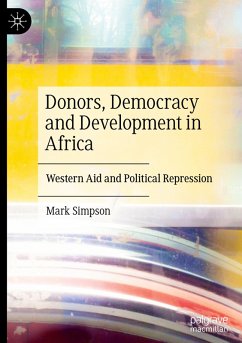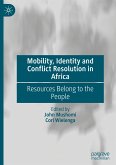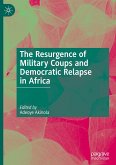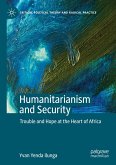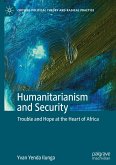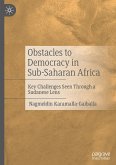Uganda, Ethiopia and Rwanda have figured prominently in the post- Cold War relations between Western donors and Sub-Saharan Africa. Their 'new leaders' were embraced by Western countries as the antithesis of former Cold War-era African strongmen, and their countries became 'donor darlings', benefitting from regular and significant inflows of Western development assistance. To the dismay of African democracy activists and human rights defenders, such aid enabled the regimes in these countries to strengthen the repressive political and economic governance systems over which they preside.
Using a multi-disciplinary approach, this book examines the role of Western development assistance in supporting these authoritarian African regimes. It connects changing Western donor policies and priorities to developments within the three African countries, to the past of these ruling parties as armed liberation movements, to wider regional and global political, economic and strategicshifts, and highlights the skillful management by Kampala, Addis Ababa and Kigali of Western aid and international aid architecture to ensure regime preservation.
Using a multi-disciplinary approach, this book examines the role of Western development assistance in supporting these authoritarian African regimes. It connects changing Western donor policies and priorities to developments within the three African countries, to the past of these ruling parties as armed liberation movements, to wider regional and global political, economic and strategicshifts, and highlights the skillful management by Kampala, Addis Ababa and Kigali of Western aid and international aid architecture to ensure regime preservation.

